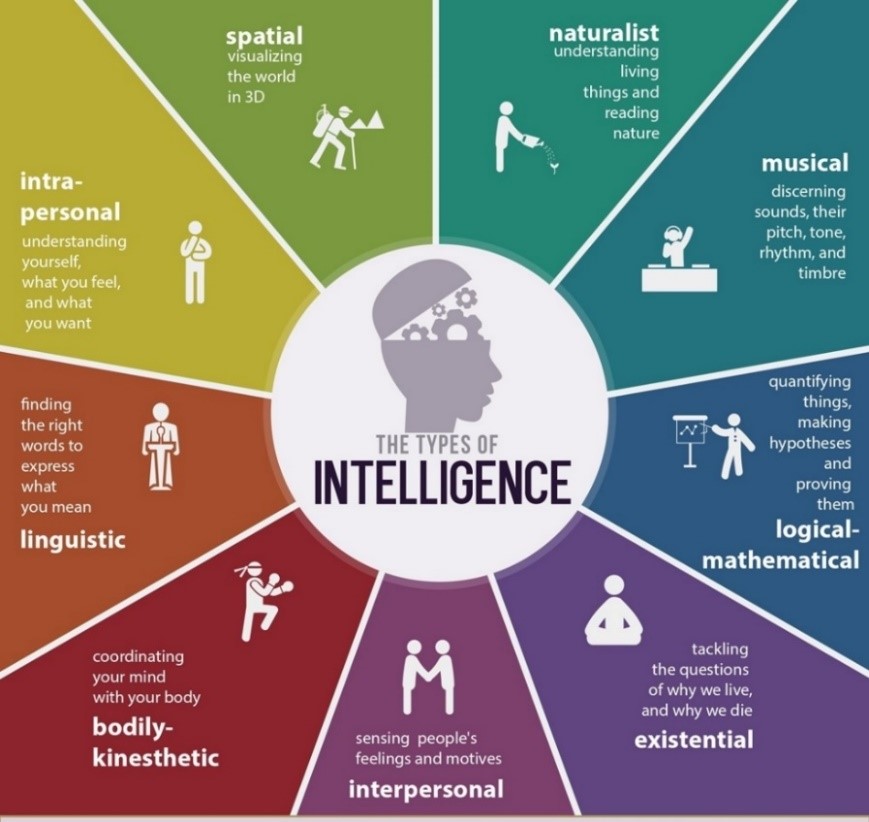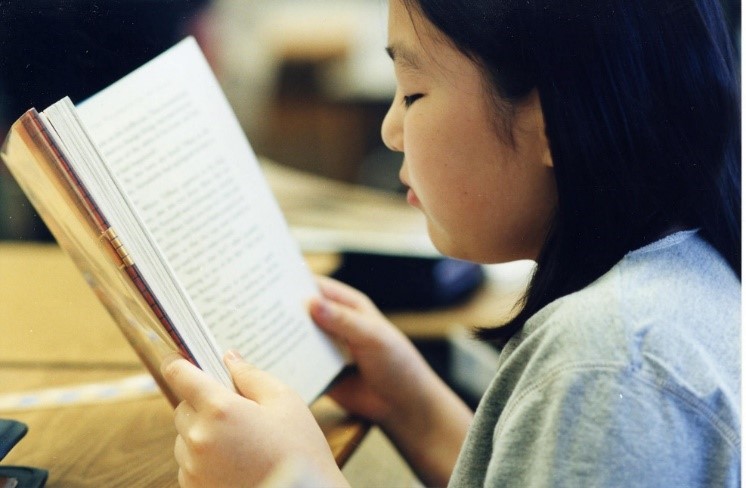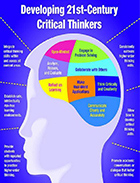Linguistic Intelligence
Linguistic Intelligence
Howard Gardner, an American developmental psychologist, is well-known for his theory on multiple intelligences. The
 multiple intelligence theory suggests eight different intelligences and states that an individual may have more or less of any given intelligence.
multiple intelligence theory suggests eight different intelligences and states that an individual may have more or less of any given intelligence. The different intelligences proposed by Howard Gardner are:
-
Linguistic intelligence – This deals with verbal skills, language and writing.
-
Logical or mathematical intelligence – This deals with analysing problems and mathematical operations
-
Spatial intelligence – This involves visual and spatial judgement
-
Bodily or kinesthetic intelligence – This involves physical movement and motor skills
-
Musical intelligence – This is about rhythm and music
-
Interpersonal intelligence – This is about understanding and relating to other people
-
Intrapersonal intelligence – This is about introspection and self-reflection
-
Naturalist intelligence – This is to do with connecting with nature
While all these intelligences play a crucial role in the development of an individual, it is linguistic intelligence that forms an important part of development of other intelligences.
Spotting Linguistic Intelligence
Sometimes it becomes difficult to identify the type of intelligence a student possesses. There are certain traits that are found in each of the different intelligences. Some of the characteristics of linguistic intelligence are:
-
Enjoys writing
The student enjoys writing and is expressive when he or she writes something.
-
Good at editing
A person with linguistic intelligence has an eye for detail and understands grammar and vocabulary easily.
-
Avid Reader
Linguistic learners are always hungry for knowledge. They are often found with a reading material and they thoroughly enjoy reading.
-
Uses fancy words
Students with a flair for words are often seen using fancy words and newer words from the dictionary.
-
Enjoys word games
A linguistic learner typically enjoys word games like crosswords.
-
Remembers quotes
Students with verbal intelligence also tend to have good memory when it comes to remembering quotes.
-
Enjoys foreign languages
Being eager learners, students with linguistic intelligence love to learn new languages.
-
Likes puns and rhymes
Linguistic learners enjoy playing with words and like to create rhymes.
-
Able to explain things well
Students with good linguistic intelligence are good speakers too. They can explain things easily.
-
Analysing information
Linguistic learners can analyse information easily and can interpret the same in a smooth manner.
 Why students need linguistic intelligence?
Why students need linguistic intelligence?Linguistic intelligence should be developed from a young age, as this helps in the overall development of a student.
-
Organise the mind
Organising the mind is a process of collecting and arranging the thoughts. Students need linguistic intelligence to develop their cognitive skills, which will help in arranging thoughts.
-
Express oneself clearly
Having a good command over language and vocabulary will help a student to express himself/herself clearly. The student will be able to voice out his/her thoughts in a meaningful manner.
-
Improve communication
Linguistic intelligence helps improve communication. Improved communication helps in networking and connecting with others easily.
-
Developing other intelligences
Other intelligences like interpersonal, intrapersonal, etc. are developed with the help of linguistic intelligence.
-
Build self-confidence
A student with linguistic intelligence always comes across as a confident person. Linguistic intelligence and confidence go hand in hand, as better the knowledge and communication, better is the oratory and public-speaking skills.
 Activities to improve Linguistic Intelligence
Activities to improve Linguistic IntelligenceThere are certain activities that can be taken up to improve linguistic intelligence:
-
Read and hear stories
Reading books and magazines, listening to stories helps in the development of linguistic skills.
-
Writing
Students can be asked to write stories, maintain journals and write poems. Writing activities enable in the development of cognitive skills.
-
Debating
Debating on various topics not only develops the knowledge of the student, but also improves their vocabulary and listening skills
-
Playing games
Word games like crosswords, word search, jumbled words can be introduced to the students from an early age. Word games make learning fun and develop linguistic intelligence. Students can also be encouraged to take up games like chess, which will help in development of thought process.
-
Public speaking
Public speaking goes a long way in the overall development of the student. It builds confidence and develops interpersonal skills. Students should be encouraged to take up public speaking whenever an opportunity presents itself.
In a nutshell, linguistic intelligence forms a platform which helps in the development of other types of intelligence. Teachers can include various activities in the classroom to develop this intelligence.





















